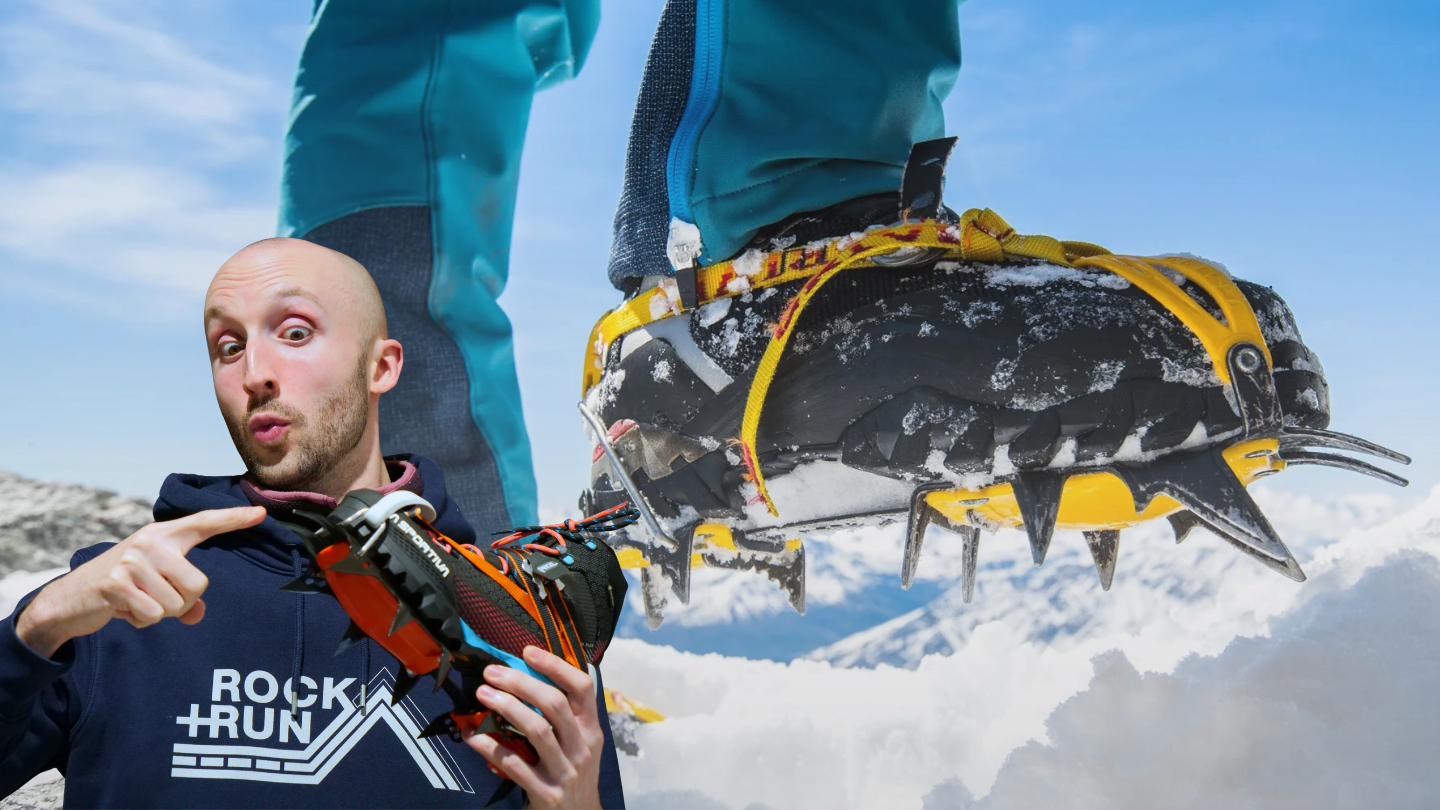Tres Ponts
Tres Ponts is a fantastic mini crag, which surprisingly (due its location close to a major road) remained undeveloped until just a few years ago. The zone takes its name from an important medieval trade route along the Segre valley, which crossed three major bridges (the “tres ponts”). The rock is awesome: extremely steep but littered with enormous holds — so big that in spite of the angle there is nothing harder than 8b here. The crag is especially good for those operating in the 7b to 8b region, with the best routes being long jug fests capped with some technical limestone slab moves. Most routes involve sustained sections of obvious climbing scattered with good shake outs, lending themselves well to onsighting. This also rewards those who fight hard. It was awesome watching fellow climbers race against the pump as their elbows rise and their screams louden, throwing between holds… closing the gap to the belay. For those operating between 6b and 7a+ there are some class lines but you would probably want to move on after a couple days. Some may criticise Tres Ponts for being a bit samey with routes not having anything special about them. Personally, I fell in love with the long flowing routes and therefore loved repeating the experience on each neighbouring route. Another drawback is that unfortunately Tres Ponts has started to get polished, following the fate of Siurana or Rodellar. However, during our trip the crowds were low and during the weekdays we shared the crag with only one other party. My recommended routes would include: Aonvolsna 7a+, Instint Salvatge 7b+, Nidra 7c+ and Pagesa 7c+.
Oliana
This awesomely steep cliff has some people claiming it to be one of the most stunning rock faces in Europe. A visit here will also treat you with an outstanding view across rural Spain. The climbs attacking the steeper central section of the wall almost redefine the word “spectacular”. In fact, the wall reminds me of the Biography sector at Ceuse, only with 4 times the amount of routes and a tenth of the walk in. Although first developed by local Catalan climbers in 2004, it was the arrival of, super wad, Chris Sharma that really got the ball rolling. Now the cliff offers a selection of more than 70 climbs, including La Dura Dura 9b+ - the hardest route in the world! The increased media coverage helped popularise Oliana, which can now be found on most travelling climbers’ wish-lists. As the main developments have been from some of the world’s best, it shouldn’t come as a surprise that this is a hard-core crag; if you climb in the 5s and 6s then there are better crags to head to. If you climb in the 7s there are a couple decent lines, but if you want to get the best out this crag then these will be your warm ups. 8a+ upwards is where the quality really kicks in. My recommended routes would include: Nuncadoy un paso atras 7a+, Victorinox 7b and Misha 8a.
 Conditions and Access
Conditions and Access
Tres Ponts is one of Lleida’s ‘shady characters’, with the sun leaving the crag from 1pm onwards. The real bonus though, is the strong wind that whips through the gorge and along the crag. This gives some of the best redpoint conditions I have experienced and makes for a good venue when it’s hot. However, when the temperature drops this makes climbing here unbearable. Therefore, I recommend planning your trip here from early April to mid October. In contrast, Oliana sits catching the rays right through to 4pm. Like Malham, the crag seems to magnify the sun’s energy. To give you an example of the difference… after spending the day freezing at Tres Ponts (wearing two down jackets and still moaning) we decided to check out Olinana (only 15km away) where I spent the day wearing nothing other than board shorts and complaining about how it was too hot to try hard. So it goes without saying this is a proper winter destination. That said you can climb here in autumn and spring but considering the calibre of routes here I wouldn’t bother.
Food & Accommodation
There are 3 accommodation options:
- Dirt bag it – Bivi at the Crag. Cold, miserable but cheap. Popular with some, there are fire pits and sheltered spots.
- Campsite – 6.50 Euros a night in a tent or 7.50 Euros in Van. A family campsite with decent facilities. Heard rumours of a swimming pool too.
- Hostel/Hotel – The standard price seemed to be 25 Euro per night in all the surrounding villages, we tried them all. For this you get a nice room but nothing special. In my opinion the price seemed steep for what you get.

We stayed near the central square on the sharp corner of the small village of Organya. This is a good place to base yourselves if you are looking to check out a few different crags. For 15 Euros a night you get a bedroom in this large three story house.
Right: Dani Andrada climbing at Oliana. Photo by Pete O'Donovan. We had the place to ourselves but you may end up sharing with others. You also get use of the communal kitchen, lounge and games room. It is very basic and outdated but comfortable and reasonably cheap for what you get. Imagine renting your grandparents house for the week and you get an idea of what it may be like! To be honest I’m not entirely sure what the sketch is with this place, we may have just lucked out in getting it. The (rather eccentric) owner sits outside most days selling mushrooms. She doesn’t speak English but she is negotiable if you make the effort. I do recommend it for those wanting somewhere comfortable to cook, chill and sleep at a reasonable price. Small stores can be found in all the nearby villages selling milk, yoghurt, cheese, meat, bread and pastries, although the opening times are fairly ‘Spanish’. Fruit and Veg seemed harder to find. I would recommend putting in a big shop on route from the airport.
 Equipment
Equipment
Be prepared for big routes, up to 25 quickdraws and an 80m+ rope will be required for the longer routes. We got by with a 60m rope on some routes but you will miss out if you don’t bring a monster rope with you. I also recommend having a few superlight draws as when you rack up 20 draws plus you will notice a big difference on your onsight attempts. I also recommend having a decent skinny rope, as pulling a 10mm cord will feel heavy when you’re 40meters up! A couple of leaver biners could be handy here if your rope comes up short or for other such issues. I managed to get plenty of use out of my knee pad at both crags, so if you’re into that sort of thing you will want to have one packed. Both crags are covered in Pete O’Donavan’s ‘Liedia Climbs’ guide which is clear, easy to use and full of inspiring photos from across the grades. Further information, along with a basic topo, can be found here.
Getting There
If booked in advance return flights from most of the main UK airports can cost as little as £70. Ryanair fly to Reus (2 hour drive) Easyjet Fly to Barcelona (2 ½ hour drive) Car rental in Spain is pretty reasonable. You should easily be able to do a week trip on the tank of fuel provided. Top tip: if your flight arrives late at night drive into Tarragonna (5km away) where you can find cheap hostels for around 12 Euros a night. Stop off at the massive Carrefour on the edge of town next to the motorway the next day which you will drive past to stock up on provisions before blasting north into the wilderness (WARNING: most shops are closed on Sundays, including Carrefour).
 Images
Images
All images featured in this article were taken by Pete 'Pod' O'Donovan (pictured right). Pete is the co-author of the Llleida Climbs guide (as well as the guide to nearby Tarragona) and is an active developer in the Catalunya region. You can check out more of Pete's photography via his
UKClimbing.com gallery.
 Conditions and Access
Conditions and Access We stayed near the central square on the sharp corner of the small village of Organya. This is a good place to base yourselves if you are looking to check out a few different crags. For 15 Euros a night you get a bedroom in this large three story house. Right: Dani Andrada climbing at Oliana. Photo by Pete O'Donovan. We had the place to ourselves but you may end up sharing with others. You also get use of the communal kitchen, lounge and games room. It is very basic and outdated but comfortable and reasonably cheap for what you get. Imagine renting your grandparents house for the week and you get an idea of what it may be like! To be honest I’m not entirely sure what the sketch is with this place, we may have just lucked out in getting it. The (rather eccentric) owner sits outside most days selling mushrooms. She doesn’t speak English but she is negotiable if you make the effort. I do recommend it for those wanting somewhere comfortable to cook, chill and sleep at a reasonable price. Small stores can be found in all the nearby villages selling milk, yoghurt, cheese, meat, bread and pastries, although the opening times are fairly ‘Spanish’. Fruit and Veg seemed harder to find. I would recommend putting in a big shop on route from the airport.
We stayed near the central square on the sharp corner of the small village of Organya. This is a good place to base yourselves if you are looking to check out a few different crags. For 15 Euros a night you get a bedroom in this large three story house. Right: Dani Andrada climbing at Oliana. Photo by Pete O'Donovan. We had the place to ourselves but you may end up sharing with others. You also get use of the communal kitchen, lounge and games room. It is very basic and outdated but comfortable and reasonably cheap for what you get. Imagine renting your grandparents house for the week and you get an idea of what it may be like! To be honest I’m not entirely sure what the sketch is with this place, we may have just lucked out in getting it. The (rather eccentric) owner sits outside most days selling mushrooms. She doesn’t speak English but she is negotiable if you make the effort. I do recommend it for those wanting somewhere comfortable to cook, chill and sleep at a reasonable price. Small stores can be found in all the nearby villages selling milk, yoghurt, cheese, meat, bread and pastries, although the opening times are fairly ‘Spanish’. Fruit and Veg seemed harder to find. I would recommend putting in a big shop on route from the airport.



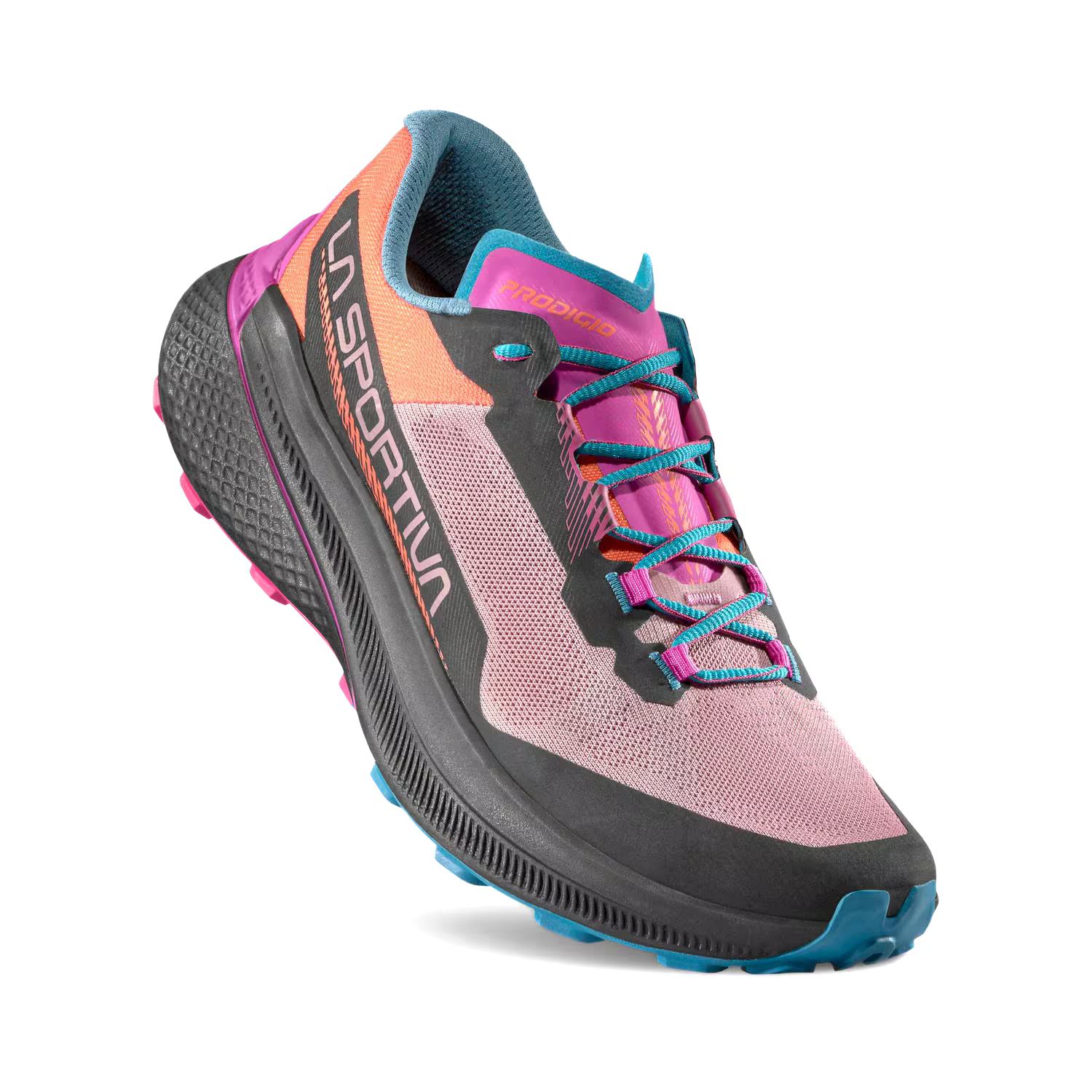
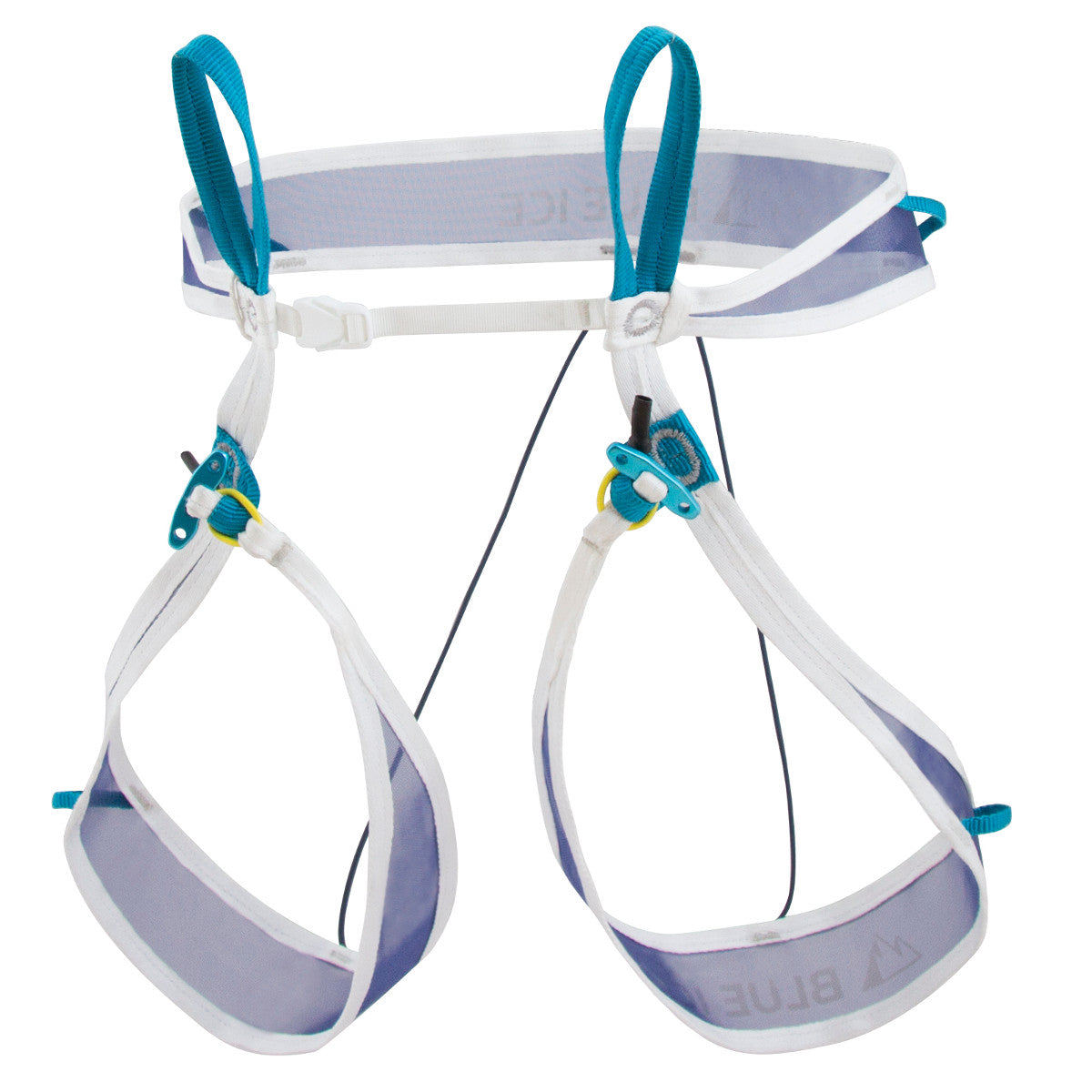
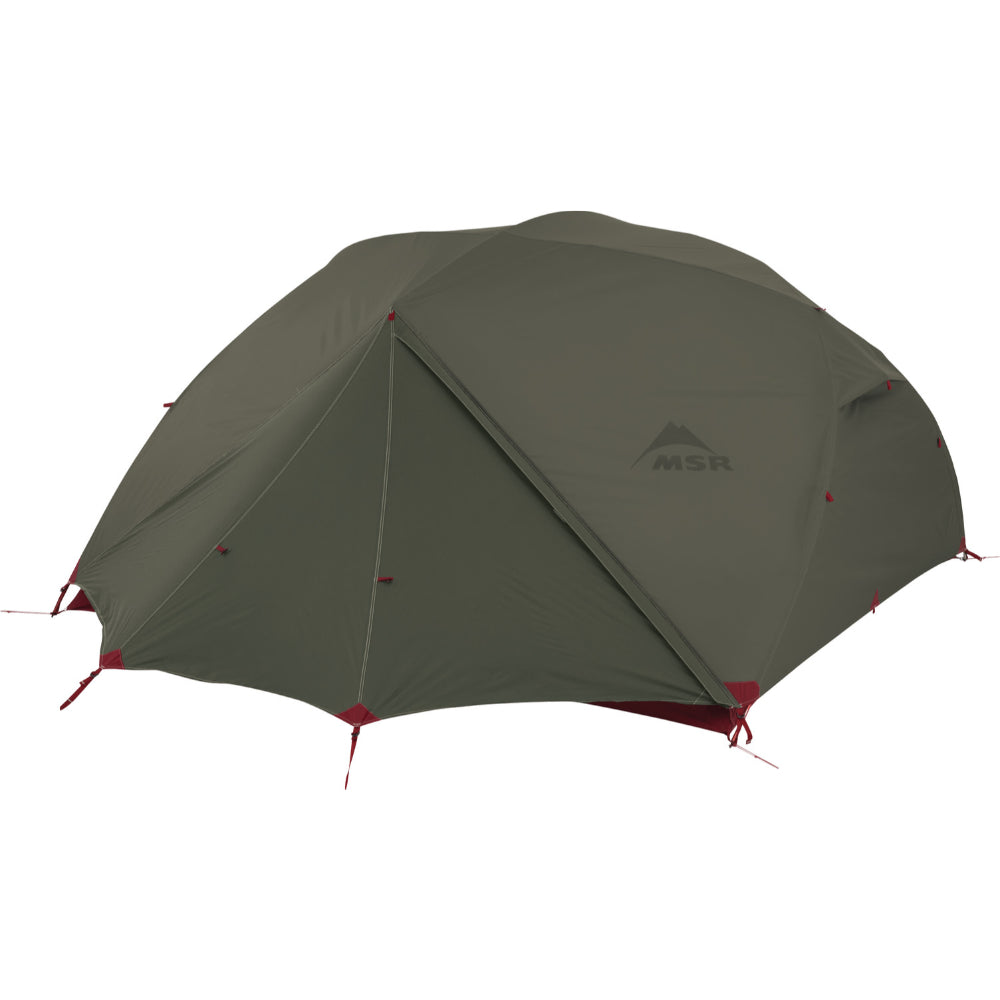
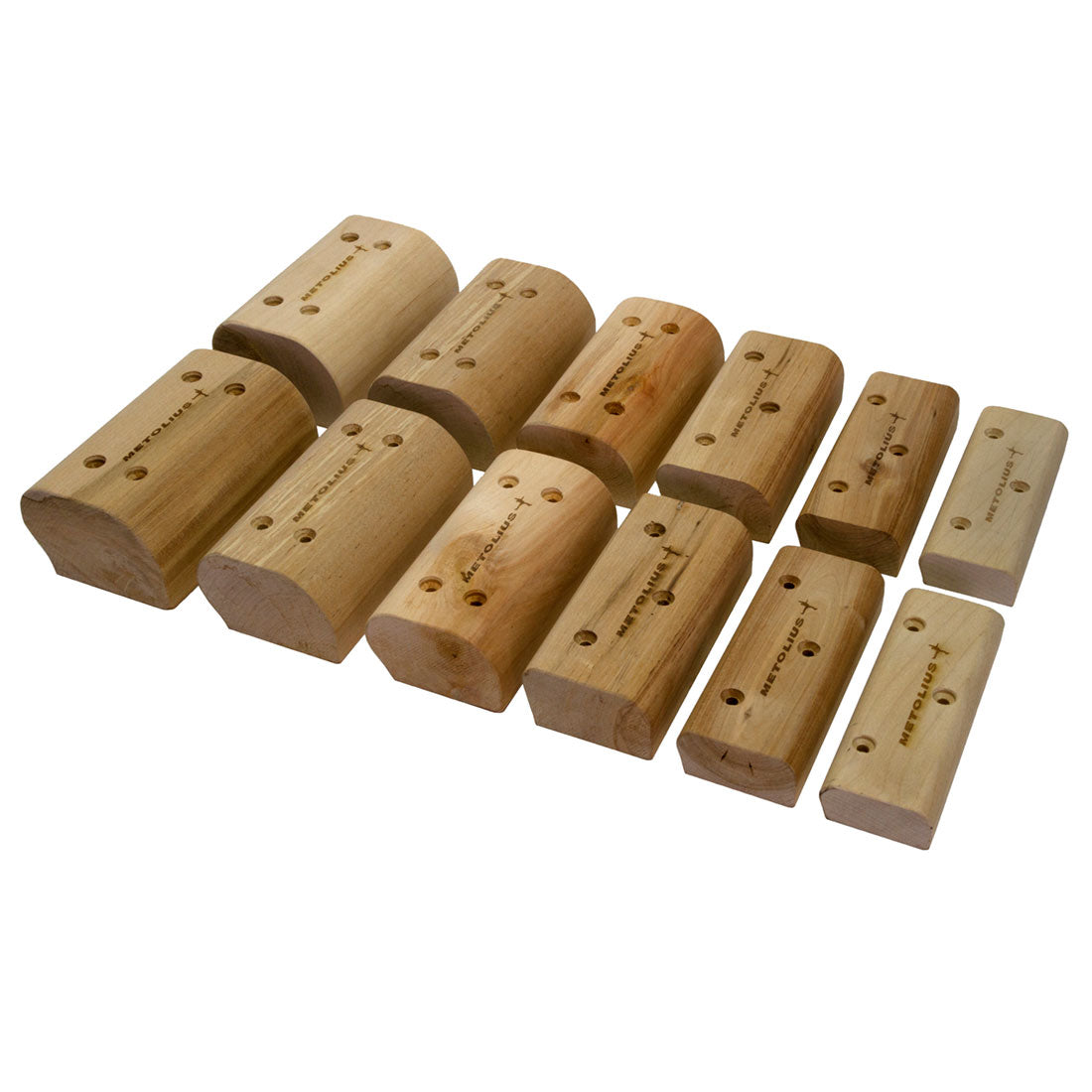
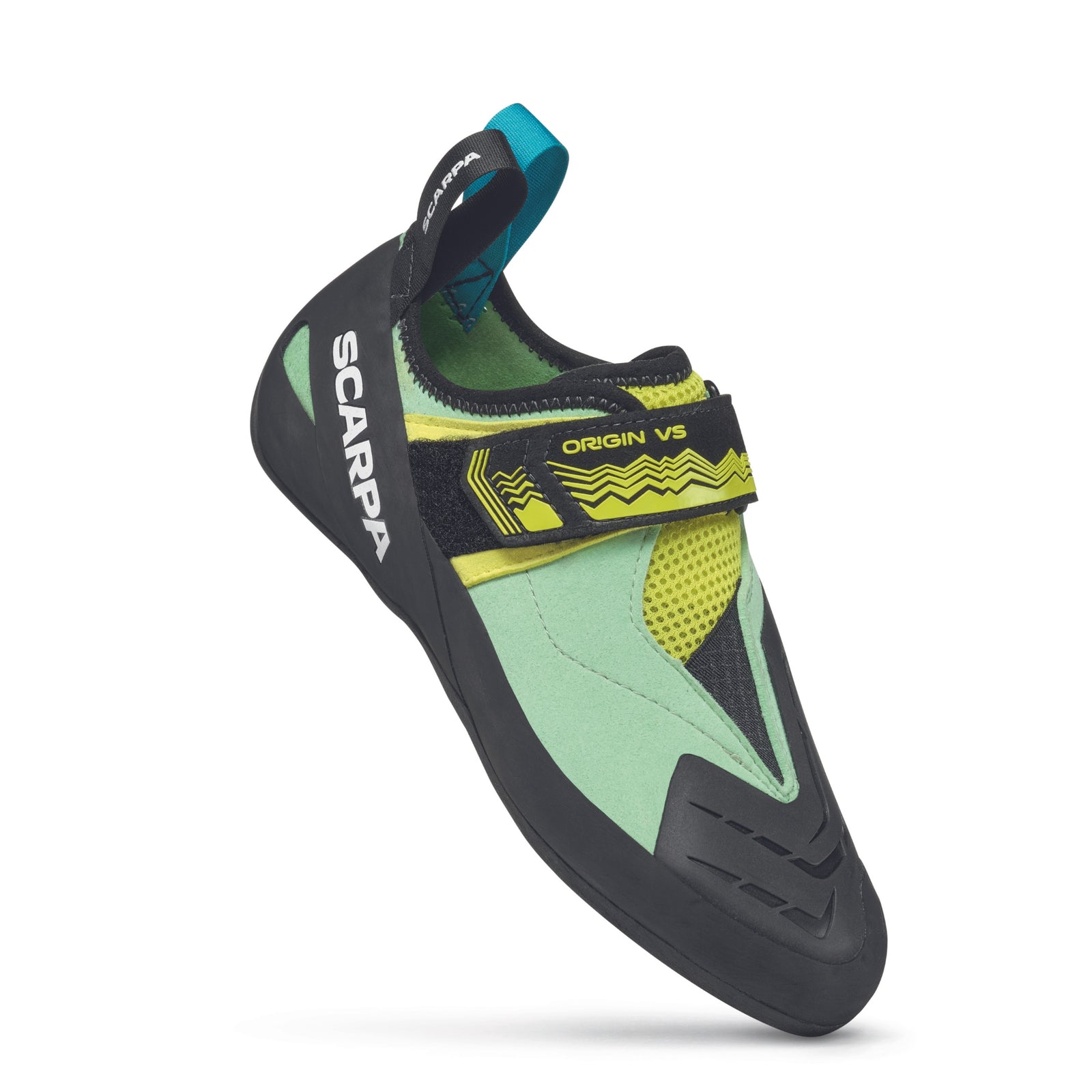
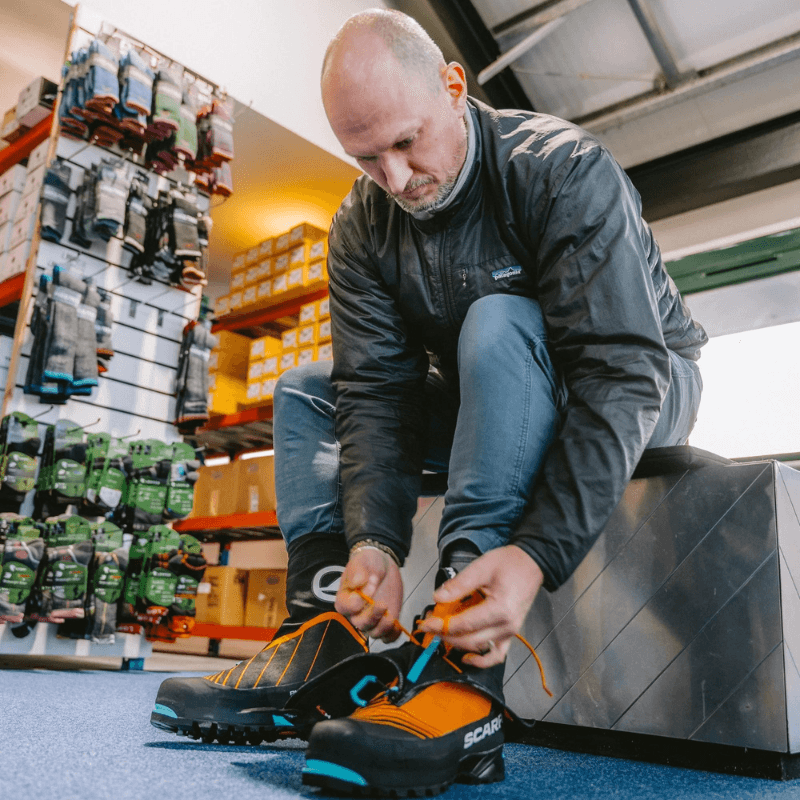
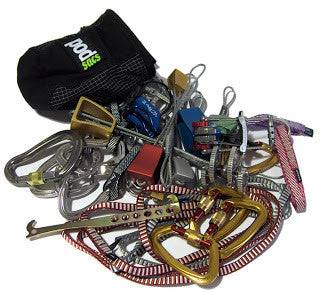
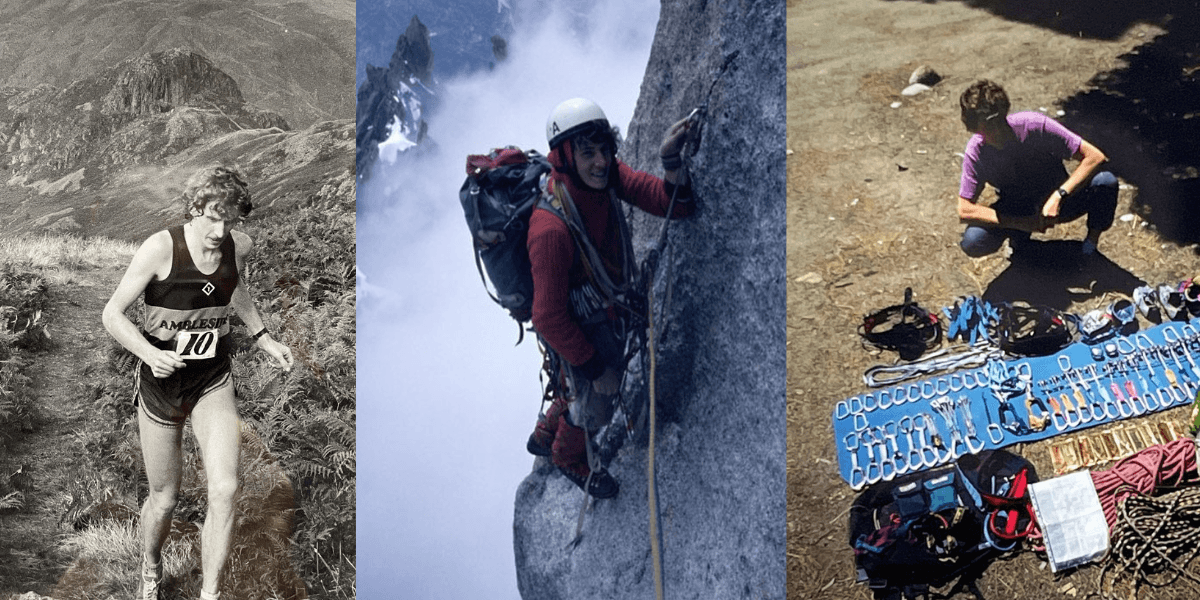
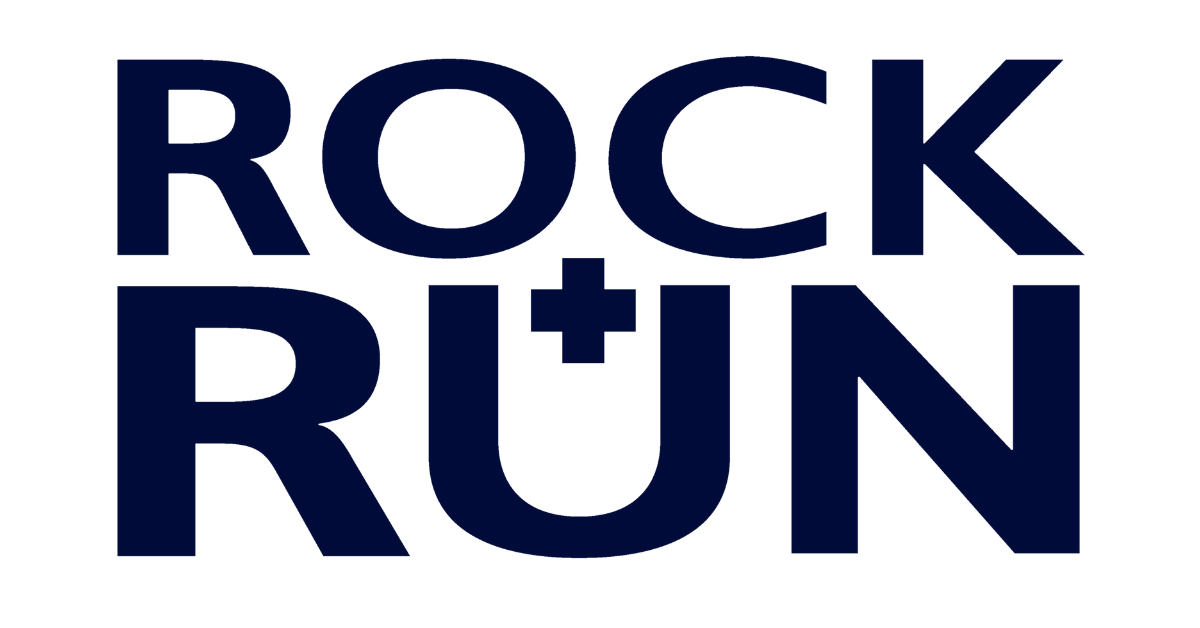


 Images
Images